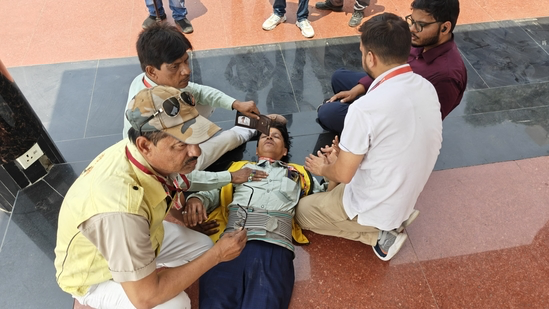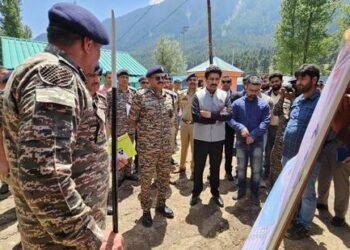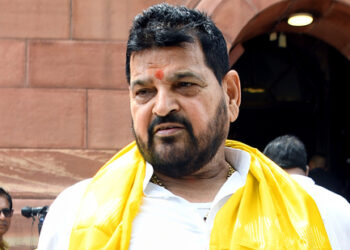Amid escalating tensions with Pakistan following the deadly Pahalgam terror attack, the Ministry of Home Affairs (MHA) on Monday issued a directive to all states and union territories to conduct comprehensive civil defence mock drills. These drills will be held across 244 designated civil defence districts on May 7, as part of a national preparedness exercise to tackle “new and complex threats.”
The MHA’s notification, issued through the Directorate General Fire Service, Civil Defence and Home Guards, emphasised the importance of maintaining optimum civil defence preparedness at all times, especially in the current geo-political climate. “In the current geo-political scenario, new and complex threats/challenges have emerged, hence, it would be prudent that optimum civil defence preparedness in the states/UTs is maintained at all times,” the letter stated.
The drills will be conducted even at the village level, aiming to assess and enhance readiness for any form of hostile attack. The ministry highlighted that the exercise will focus on operationalising air-raid warning sirens, crash-blackout measures, early camouflaging of vital installations, updating evacuation plans, and training civilians on protection measures.
Among other key components, the mock drills will include testing the functionality of control rooms and shadow control rooms, as well as establishing and verifying hotline and radio-communication links with the Indian Air Force (IAF). These efforts are intended to simulate real-time crisis response situations and ensure that civil defence volunteers and district authorities are well-prepared.
The notification also underlined the need to train civilians on various aspects of civil defence, including evacuation, concealment, and emergency response, especially in the event of a hostile air attack or military escalation.
Photos from Lucknow on Monday showed civil defence volunteers actively participating in preparatory exercises, rehearsing the proper responses to air raid sirens and blackout protocols. The exercises are seen as a direct response to the recent spike in Indo-Pak tensions after Pakistani terrorists, reportedly using Chinese communication tools, launched an attack in Jammu and Kashmir’s Pahalgam.
The order for mock drills comes just a day before Union Home Secretary is scheduled to chair a crucial high-level meeting, further indicating the seriousness with which the central government is treating the current security scenario.
With Pakistan accusing India of choking water flow from the Chenab River and India increasing its security measures along the border, civil defence preparedness has returned to the spotlight after years of relative neglect. The drills also aim to foster coordination between civilian and military infrastructure, ensuring both can work in tandem during times of crisis.
In the broader context, these drills reflect India’s shifting internal security strategy – one that treats civil defence not as a formality, but as an active layer of homeland protection. The use of technology, enhanced public participation, and clear coordination with the armed forces are key pillars of this approach.
The ministry’s communication stressed that these drills will provide a crucial opportunity for all stakeholders – from state police and local administrators to civilians and fire service personnel – to evaluate their readiness and identify gaps in real-time coordination.
As global and regional threats evolve, and tensions with Pakistan remain volatile, India is now clearly signalling its intent to stay prepared for any eventuality.








 India
India












